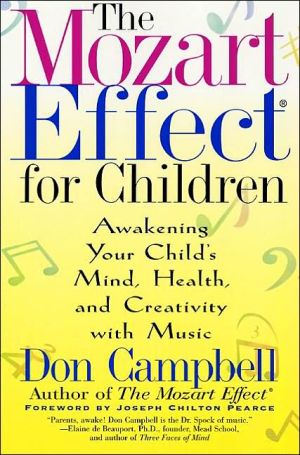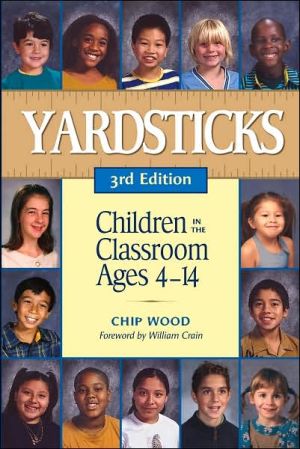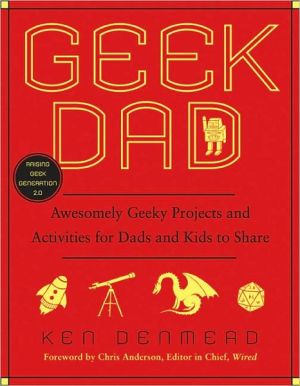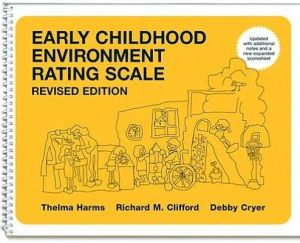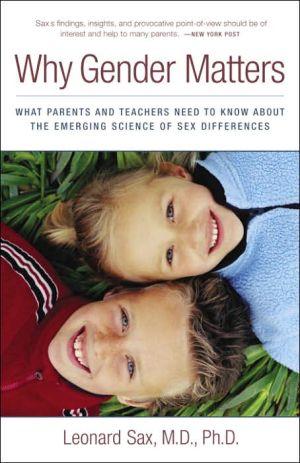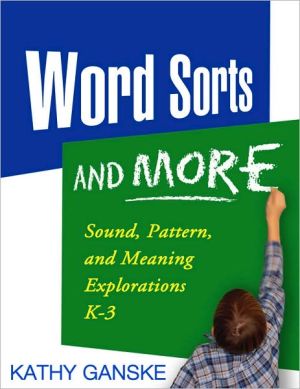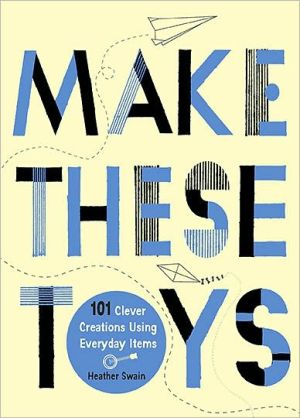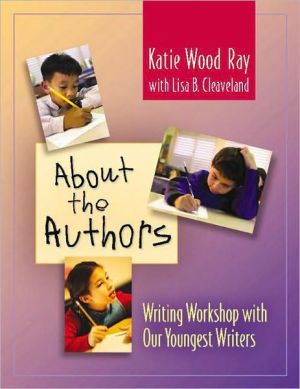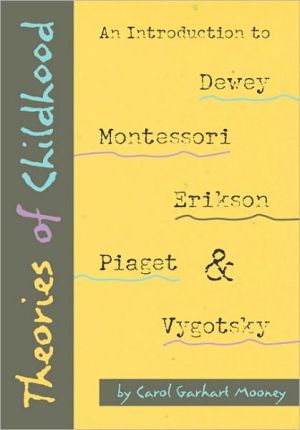Mozart Effect for Children: Awakening Your Child's Mind, Health and Creativity with Music
In his groundbreaking book, The Mozart Effect®, Don Campbell revealed the enormous healing powers of classical music. Now he shows you how to help the children in your life experience the same benefits.\ You don't have to be an expert on classical music to use this wise and compassionate book. Focusing each chapter on a particular age — from prenatal through age ten — Don Campbell explains how music is the perfect tool to improve children's language, movement, and social skills at home,...
Search in google:
In his groundbreaking book, The Mozart Effect®, Don Campbell revealed the enormous healing powers of classical music. Now he shows you how to help the children in your life experience the same benefits.You don't have to be an expert on classical music to use this wise and compassionate book. Focusing each chapter on a particular age — from prenatal through age ten — Don Campbell explains how music is the perfect tool to improve children's language, movement, and social skills at home, school, and play. He presents dynamic, inventive ways to invigorate a child's imagination, and supplies simple exercises, musical menus, and entertaining games that will improve your child's memory. At once practical and profound, The Mozart Effect® for Children is an invaluable resource for all parents and educators who want to help their children imagine, achieve, and grow in every aspect of their lives. Parent Council Reviews If you want your child to benefit from music, then this book is for you. Campbell talks about child development using metaphors from music as well as offering suggestions for tunes to encourage brain growth. He cites several research studies, but he emphasizes that it is more important to relax, enjoy the tunes, and make use of the classical music selections that will appeal to children of various ages. 2000, William Morrow, $25.00. Ages Adult. Reviewer: S. Palmer SOURCE: Parent Council Volume 8
Twinkle Twinkle, Little Neuron\ Music and Your Child's Brain\ \ Ah! Vous dirai-je, Maman, Ah! Let me tell you, Mother, \ Ce qui cause mon tournment? What's the cause of my torment? \ Papa veut que je raisonne, Papa wants me to reason\ Comme une grande personne; Like a grown-up. \ Moi, je dis que les bonbons Me, I say that candy has\ Valent mieux que la raison. Greater value than reason. \ —Eighteenth-Century French Folk Song \ Long before the lyrics to "Twinkle Twinkle, Little Star" were written, children across France sang the words you see above to the same tune. Seventeen-year-old Wolfgang Amadeus Mozart must also have been familiar with the song, since he used its melody as a starting point for his playful, ever expanding Variations on Ah! Vous dirai-je, Maman (K. 265). Might the brilliant teenager have chosen this melody to tease his notoriously stern, ambitious father, Leopold, for his taskmaster approach toward raising a son? Given Wolfgang's love of jokes and clever wordplay, it certainly seems likely.\ More important, though, Mozart's Variations, now practiced and memorized by intermediate music students around the world, perfectly evoke the way we humans best think and grow creatively. After all, as Mozart might tell us if he were alive today, pleasing, organized melodies such as this one do have great value, particularly for children. Music speaks in a language that children instinctively understand. It draws children (as well as adults) into its orbit, inviting them to match its pitches, incorporate its lyrics, move to its beat, and explore its emotional and harmonic dimensions in all their beauty and depth. Meanwhile, its physical vibrations, organized patterns, engaging rhythms, and subtle variations interact with the mind and body in manifold ways, naturally altering the brain in a manner that one-dimensioned rote learning cannot. Children are happy when they are bouncing, dancing, clapping, and singing with someone they trust and love. Even as music delights and entertains them, it helps mold their mental, emotional, social, and physical development—and gives them the enthusiasm and the skills they need to begin to teach themselves.\ In recent decades, an enormous amount of research has been conducted on the specific ways in which sound, rhythm, and music can improve our lives. The results of the research using Mozart's music have been especially stunning and have given rise to the term the Mozart Effect. I use the phrase to encompass such phenomena as the ability of Mozart's music to temporarily heighten spatial awareness and mtelligence; its power to improve listeners' concentration and speech abilities; its tendency to advance the jump in reading and language skills among children who receive regular music instruction; and the startling increase in SAT scores among students who sing or play an instrument. But the Mozart Effect refers to more than just raising children's test scores. By learning to recognize and consciously implement the Mozart Effect in your child's life, you can:\ \ Begin to communicate and connect with him even before he is born.\ Stimulate brain growth in the womb and throughout early childhood.\ Positively affect his emotional perceptions and attitudes from prebirth onward.\ Provide patterns of sound on which he can build his understanding of the physical world.\ Reduce his level of emotional stress or physical pain, even in infancy.\ Enhance his motor development, including the grace and ease with which he learns to crawl, walk, skip, and run.\ Improve his language ability, including vocabulary, expressiveness, and ease of communication.\ Introduce him to a wider world of emotional expression, creativity, and aesthetic beauty.\ Enhance his social abilities.\ Improve his reading, writing, mathematical, and other academic skills, as well as his ability to remember and to memorize.\ Introduce him to the joys of community.\ Help him create a strong sense of his own identity.\ \ It is amazing to think that music and rhythmic verbal sounds, which have been available to us throughout our lives, can have such a powerful effect on the mind and body. Yet the evidence is indisputable. There's far more to good music than meets the ear. Wisely used, it can create a healthy and stimulating sound world for your family and profoundly enhance your child's growth.\ \ How I Wonder What You Are\ From the beginning of time, humankind has sensed the power of vibration, rhythm, and sound. Many cultures' creation myths describe a primordial sound or vibration that created matter from nothingness. The ancient Chinese and Egyptians considered music a fundamental element -- one that reflected the principles governing the universe. It was believed that music had the power to uplift or degrade the psyche, to change the fate of entire civilizations. As a result, humans have made music throughout history to celebrate the passing of the seasons and mark passages in the lives of each member of the community, and have used rhythm to instill a sense of oneness among members of tribes and other groups.\ Now, as one millennium ends and a new one begins, science is confirming the truth behind this age-old intuition. A recent article in Science News tells us that sound in the early universe, in the form of vibrational waves, may have helped orchestrate the striking pattern of galaxy clusters and huge voids we see in the sky today. We know that the moon itself vibrates, essentially "ringing" like a bell in a process known as spherical harmonics, probably in response to a long-ago meteor strike. In a similar fashion, tsunamis are created by the vibrational effects of earthquakes, which cause very small (yet detectable) wave that can grow enormously high. Music is simply a special case of this kind of vibration—a wave of energy that transfers some its power to us.\ From The Mozart Effect for Children, Chapter 1, © 2000 by Don Campbell
\ From Barnes & NobleAccording to Boulder-based author Don Campbell, music helps develop children. He believes that it stimulates them intellectually, grounds them emotionally, fosters creativity, and helps them learn healthy social interaction. Deepening the lessons of his groundbreaking The Mozart Effect, Campbell shows how even babies can benefit from the harmonies that move us all.\ \ \ \ \ If you want your child to benefit from music, then this book is for you. Campbell talks about child development using metaphors from music as well as offering suggestions for tunes to encourage brain growth. He cites several research studies, but he emphasizes that it is more important to relax, enjoy the tunes, and make use of the classical music selections that will appeal to children of various ages. 2000, William Morrow, $25.00. Ages Adult. Reviewer: S. Palmer SOURCE: Parent Council Volume 8\ \
